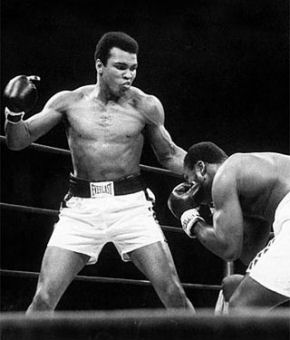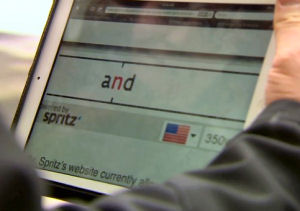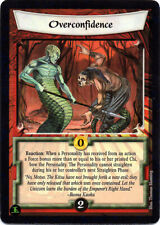
A mathematical model that simulates the effects of overconfidence shows that harboring a mistakenly inflated belief that we can easily meet challenges or win conflicts is beneficial in business, sport and war.
The developers of the model, from the University of Edinburgh and the University of California, San Diego, use it to simulate the effects of overconfidence over generations. The model pits overconfident, accurate, and underconfident strategies against each other. The findings, published in Nature, show that overconfidence frequently brings rewards. In contrast, people with unbiased, accurate perceptions usually fared worse.
The implications are that over a long period of time the evolutionary principal of natural selection is likely to have favoured a bias towards overconfidence.
Related:
The Personal Face Of Evolution
Missing Link A Tripping Chimp?
War cheaper, more popular than ever
Masculinity trumps intelligence for ovulating women

















Comments are closed.